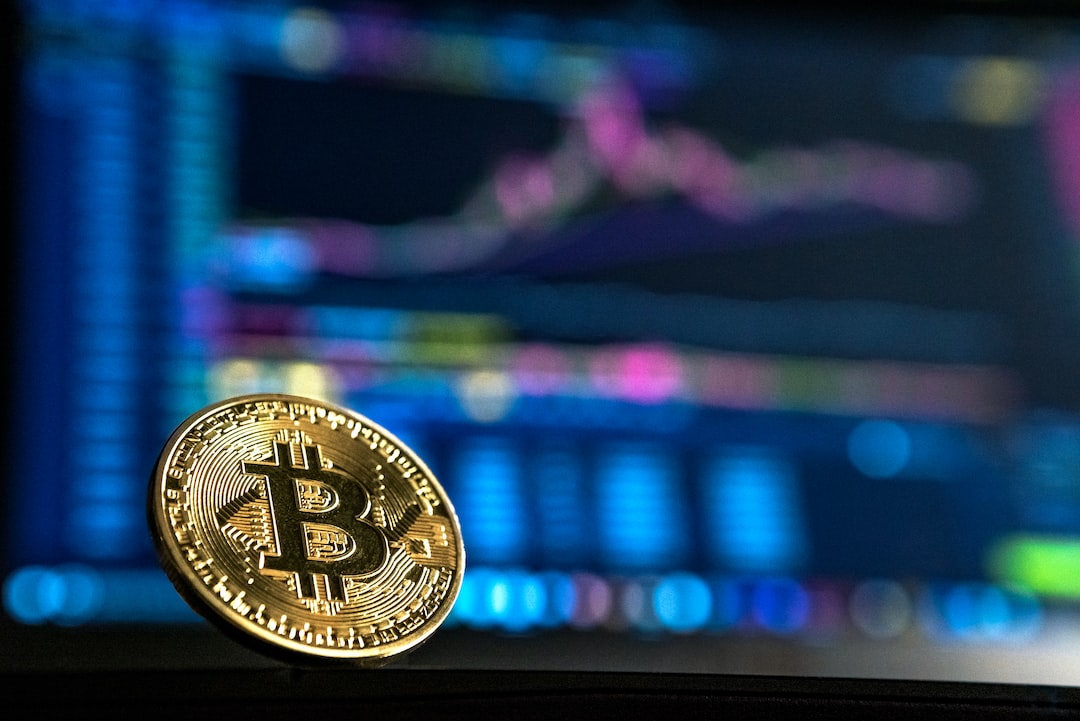EU Negotiators Complete World’s First AI Rules
Last Friday, European Union (EU) negotiators finalized the world’s first comprehensive set of rules for artificial intelligence (AI), known as the “Artificial Intelligence Act.” This agreement marks a significant milestone in establishing judicial oversight for AI technology. After extensive closed-door discussions, negotiators from the European Parliament and EU member states reached a preliminary political deal on the AI Act. The talks addressed sensitive topics such as generative AI and the use of face recognition by law enforcement. European Commissioner Thierry Breton announced the breakthrough, highlighting the EU’s leadership in setting clear rules for AI use.
Deal!#AIAct pic.twitter.com/UwNoqmEHt5
— Thierry Breton (@ThierryBreton) December 8, 2023
However, civil society groups expressed dissatisfaction with the deal, arguing that it lacked sufficient protections against potential harms associated with this technology. They emphasized the need for more technical details, which will be addressed in the coming weeks.
Europe Leading the Way in AI Legislation
The EU had already taken the lead in creating AI rules globally when it released the first draft of its artificial intelligence regulations in 2021. However, due to the emergence of generative AI, European leaders had to modify their plan, which aimed to serve as a model for the world. The European Parliament is preparing to vote on the AI Act in the early months of next year for official approval. If passed, the law would not come into effect until at least 2025 and would carry significant penalties for non-compliance.
Generative AI systems, like OpenAI’s ChatGPT, have garnered attention for their ability to produce content that closely resembles human work. Concerns have been raised regarding potential risks to jobs, privacy, copyright security, and even human life. While various global groups are also formulating their own AI regulations, the EU’s rules could serve as a powerful example for others to follow.
Impact of Europe’s AI Rules on the Crypto Industry
The European Union’s finalization of the Artificial Intelligence Act has profound implications for the cryptocurrency industry, particularly regarding generative AI technologies such as OpenAI’s ChatGPT. These widely used technologies within the crypto sector may face stricter regulations and scrutiny concerning automated blockchain platform activities and content generation.
The emphasis on data security and privacy in the AI Act aligns with the need for secure transactions in the cryptocurrency industry. Crypto companies operating within the EU must comply with these rules to avoid hefty fines of up to 7% of their total revenue. This focus on compliance may lead to increased efforts within the crypto sector to adhere to evolving norms related to AI.
The inclusion of foundation models in the AI Act, which are essential for general-purpose AI services, directly impacts blockchain initiatives incorporating AI technology. Furthermore, the global impact of the EU’s legislation may influence the approaches taken by China and the United States, two major participants in the crypto field, regarding AI governance.
The EU’s innovative AI policies extend their influence into the cryptocurrency sector, affecting data privacy standards, setting worldwide precedents for the intersection of AI and cryptocurrencies, and shaping the integration of AI technologies. The AI Act is expected to have a significant and wide-ranging impact on the evolving cryptocurrency landscape.
Hot Take: Europe Paves the Way for Responsible AI Adoption
The completion of the world’s first comprehensive set of rules for artificial intelligence by EU negotiators is a significant milestone in promoting responsible AI adoption. The Artificial Intelligence Act establishes judicial oversight and addresses critical concerns such as generative AI and facial recognition use by law enforcement. While there are calls for more technical details and enhanced protections, Europe’s leadership in setting clear rules for AI usage positions it as a role model for other regions.
For the cryptocurrency industry, Europe’s AI regulations carry implications for generative AI technologies used in automated blockchain platforms. Stricter regulations and compliance requirements may shape the future of AI integration within the crypto sector. The EU’s emphasis on data security and privacy aligns with the crypto industry’s need for safe transactions.
Furthermore, Europe’s pioneering approach to AI governance could influence global counterparts like China and the United States. The EU’s rules set precedents for data privacy standards and serve as a model for jurisdictions seeking to regulate AI. As the AI Act takes effect, its impact on the evolving crypto landscape will likely be substantial.





 By
By

 By
By
 By
By
 By
By
 By
By